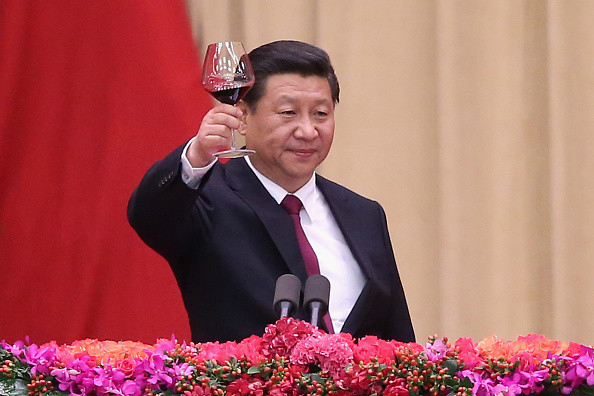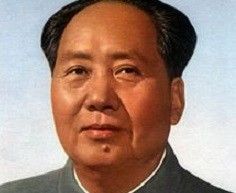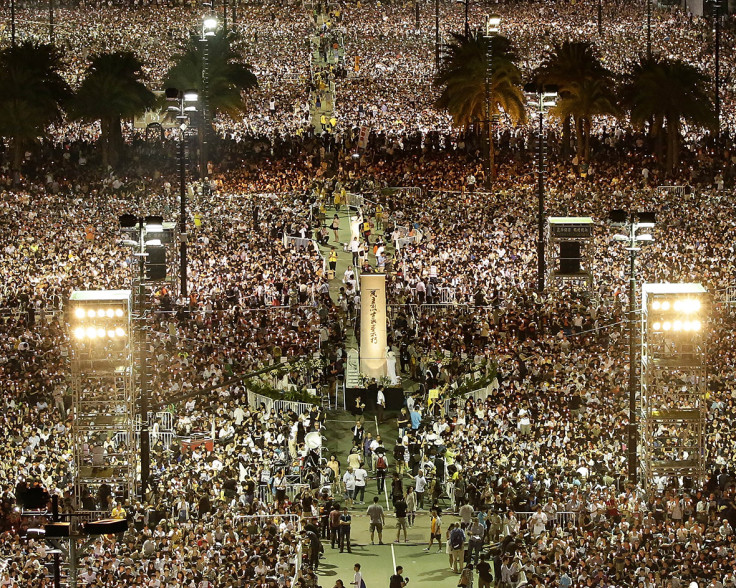China National Day: History of China's People Republic from Civil War to Tiananmen Massacre

Hundreds of Chinese people are set to celebrate China National Day, which falls on 1 October.
This day commemorates the birth of China's People Republic (PRC), proclaimed on 1 October 1949 by the then chairman Mao Zedong, after more than 20 years of civil war fought between the Kuomintang (KMT) party and Community Party of China (CPC).
Mao gave the announcement in Tiananmen Square.
Civil War
In August 1927, military leader Chiang Kai-shek launched the Northern Expedition, aimed at unifying China under the control of the KMT.
The expedition led to the end of the warlord era in China and the establishment of the Nanjing government in 1928.
However, the civil war continued until 1937, when the KMT and CPC joined forces and formed the Second United Front to counter a Japanese invasion.
The civil war restarted in 1946 and lasted for four more years, culminating with the victory of the CPC over the KMT.

Mao's Reforms
Following the victory of the Communist Party, Mao proclaimed the PRC and launched several campaigns aimed at definitively eliminating the warlords in the country and imposing socialist approaches.
When Mao launched the Great Leap Forward campaign in 1958, China began a process of collectivisation in rural areas.
However, the campaign was a failure and millions of people died due to a man-made famine caused by the reform.
In 1966 Mao launched the Cultural Revolution, a 10-year-long process aimed at eliminating all the capitalistic aspects present in Chinese society. During the revolution, educational institutions were closed and millions of youths were sent to the countryside to do manual work. Mao also carried out a widespread purge to get rid of several political figures and intellectuals.
Deng Xiaoping
When Mao died in 1976, he was replaced by Deng Xiaoping, who carried out economic reforms in the country. Some policies adopted by the government were also aimed at eliminating the "mistakes committed during the Mao era", especially during the Cultural Revolution. Rural areas were de-collectivised and industrial reforms decentralised government control in the industrial sector.

Tiananmen Square Massacre
In 1989, after weeks of protests by students who had taken to the streets to demand social reforms and criticise the corruption and the repressive regime, Communist Party elders approved the decision to use force to quell the dissent.
The student-led protest ended in a bloodbath, with up to 300 people estimated to have been killed by government troops. However, due to the censorship applied by China following the massacre, the exact number of victims is to this day unknown.
© Copyright IBTimes 2025. All rights reserved.




















